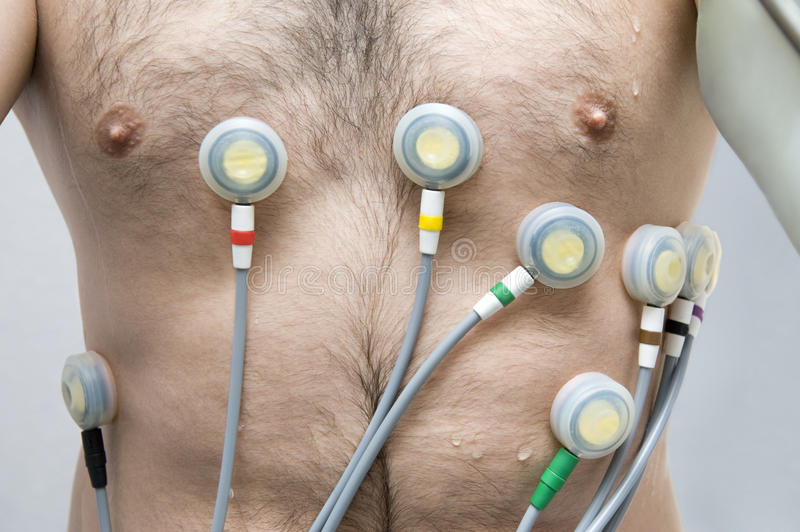There are various tests that a patient must undergo to establish the kind of illness they are suffering from. These tests are often done for diagnostic purposes to check whether vital organs are functioning as expected. Among these tests is one called EKG. In this post, we will find out more about this kind of test and why or who should have it in any EKG testing locations near me. Keep reading for more insights.
What is EKG testing?
EKG stands for electrocardiogram test. It is a test that is used to record the electrical signals in the heart. It is often used to detect heart issues or complications. EKG tests are painless and are also used to monitor the heart rhythm for longer periods to detect abnormalities and disorders in the heart. If you develop symptoms related to heart failure, you need to look for EKG testing locations near me to get tested.
An EKG test is normally done in the doctor’s office, a hospital examination room, or a clinic. EKG is also known as ECG. Among the standard equipment that you will find in an examination room or ambulance. The advancements in technology have contributed to certain personal devices offering EKG monitoring. A good example is smartwatches. You can ask your primary care provider whether this is an ideal option for you.
Why should you undergo EKG testing?
An electrocardiogram test offers a non-invasive, painless method of diagnosing common heart issues. Among the heart issues and disorders that an EKG testing locations near me can detect include:
- If a heart attack or chest pains are caused by coronary artery disease or narrowing of arteries in the heart
- Irregular heart rhythms (arrhythmias)
- Whether a patient had a heart attack in the past
- How a pacemaker and other heart treatments are working
You may need to undergo an EKG test if you experience any of the following symptoms:
- Rapid pulse
- Chest pain
- Shortness of breath
- Light-headedness, dizziness, or confusion
- Heart palpitations
- A decline in the ability to exercise
- Weakness or fatigue
It is not advisable to take an EKG test if you are an adult with low chances of developing a heart complication. If you don’t display any symptoms of heart failure, you don’t need to take an EKG test. You may need to take an EKG test even if you don’t display any symptoms, but your family has a history of heart disease.
It is hard to detect a heart condition if the symptoms come and go at certain times with an EKG test. In this case, your health care provider may suggest continuous or remote EKG monitoring to detect any heart complications.
Is an EKG test safe?
If you are afraid of taking an EKG test for safety reasons, you should know that this test is quite safe. The electrodes used to carry this test don’t produce electricity, therefore, there is no risk of getting electrocuted. The only thing electrodes do is recording electrical activities in the heart. You may only experience minor discomfort when the technician removes the electrodes. You may also experience a mild rash where the technician placed the patches.
How to get ready for an EKG test
You don’t require special preparations to undergo an EKG test. You may need to tell me of any medication or supplements you are currently using. The medication or supplement you are taking may lead to inconsistencies in the results.
What should you expect from an EKG exam?
An ECG test is often done in the doctor’s office or a hospital. Just as you are about to undergo this test, the provider will ask you to slip into something comfortable such as a hospital gown. The patches have to stick to the skin in order to produce desired results. Therefore, the technician may need to shave skin if they are too long. The provider will ask you to lie on the examination table once you are ready to take the test.
When taking the test, the technician will attach up to 12 sensors (electrodes) to your limbs and chest. Electrodes are sticky patches that are cables that are connected to the monitor. Their work is to record the rhythm of the heart as it beats. A computer is used to record the readings displayed on the monitor or paper as waves. A cardiologist will then interpret the test result for the patient.
Conclusion
ECG or EKG tests are lifesaver tests usually done to detect any complications in the heart. If you have a history of heart failure in your family, you may need to take this test even if you are not displaying any symptoms. Older people over 65 years are at risk of developing heart complications. Therefore, they may need to undergo this test regularly. An EKG test is quite safe, and you don’t need to worry about getting electrocuted during the test.

